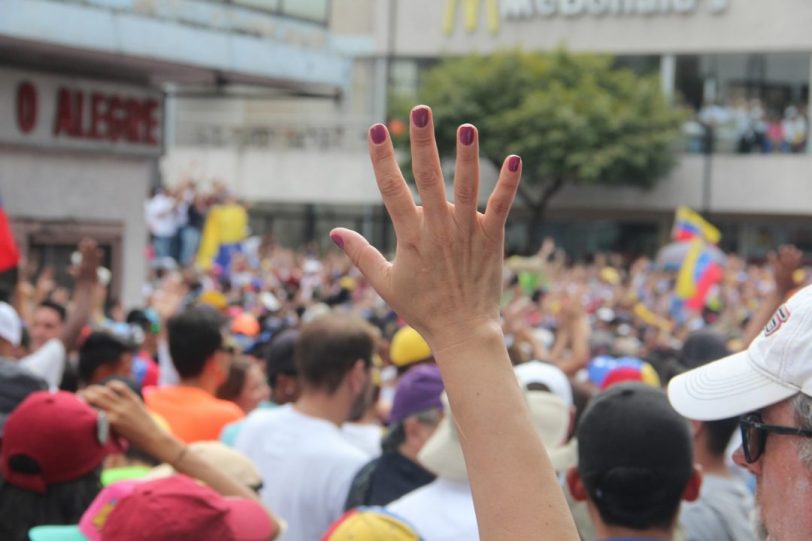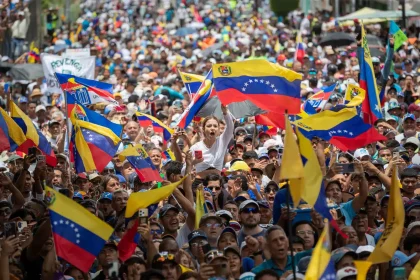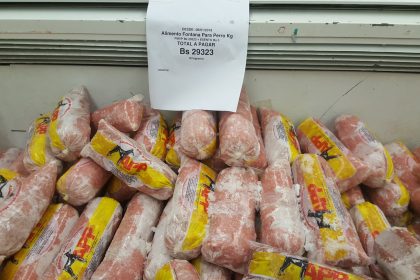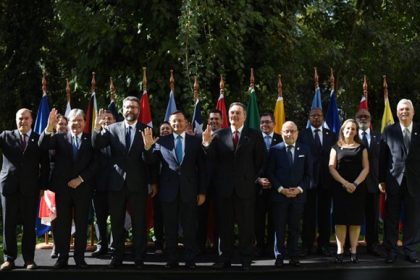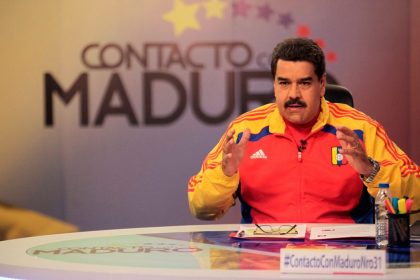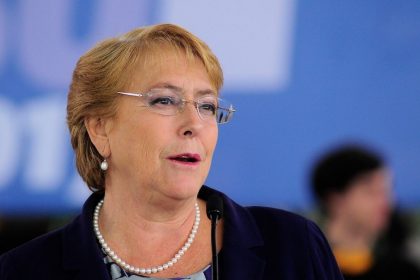(Caracas, 24 January 2019). On 23 January 2019, the Venezuelan people massively manifested their rejection toward the dictatorship of Nicolás Maduro. In over 60 cities of the country -and many others at an international level- a broad participation took place in response to the call made by the High-level Officials of the National Assembly on last 12 January to express their discontent on this emblematic date in Venezuela’s history. Prior to the mobilisations, open councils were held in different states, also with massive assistance.
In contrast, the de facto government called for a mobilisation that had a modest participation of sympathizers and also called for a night vigil outside the Miraflores Palace “to defend Maduro,” without the population attending the call. A situation that contrasts those convened by President Hugo Chávez.
The mobilisation on 23 January highlights the broad participation of underprivileged inhabitants, the same ones who staged protests for public services and improvements in their communities during 2018. In the case of Caracas, from 21 January and on, it has been the underprivileged communities the ones that have starred the nocturnal protests of rejection toward Maduro in areas previously identified as bastions of Chavism.
Facing the fraud in the presidential elections and the subsequent usurpation of the first magistracy, the National Assembly -as the only legitimate power- has been drawing a route aimed at rejecting the de facto government, achieving a transition, restoring the full validity of the Constitution and convening elections. We believe that any solution to the complex and critical situation of the country involves guaranteeing the participation of the people in free, transparent and inclusive elections in the shortest time possible.
We ratify the importance of continuing articulating the democratic forces to advance in the rescue of democracy. On 23 January, a route that must guarantee democratic elections with new members of the National Electoral Council began to establish a trustworthy arbitrator, enough time for its preparation, participation guarantee of all the political parties that convey its will to participate without discrimination, as well as qualified international observation.
We condemn the excessive use of force by the de facto government against people who express their discontent. We denounce that the same patterns of 2017 are repeated: The disproportionate use of force with a high-level lethality against the civilian population. The dictatorship has instituted the actions of the Special Actions Force (FAES) of the National Police, a commando group that has serious background of police executions and that has not been trained for the control of the public order.
Until 3 o’clock in the afternoon of this Thursday 24 January, more than 26 people have been killed in the protests of 22 and 23 January, most of them underprivileged victims. The attacks against the underprivileged areas have also been accompanied by raids without a warrant, attacks on homes, arbitrary arrests and mistreatment of detainees.
The murders perpetrated by the police, military forces and paramilitary groups in the service of the government expand the file that is being processed in the Preliminary Examination phase of the International Criminal Court, reiterating that both those who issue the orders and the ones that execute them are responsible for crimes against humanity. Unfortunately, both the Public Prosecutor’s Office and the Ombudsman’s Office currently guarantee impunity for perpetrators.
We urge the international community to continue monitoring and supporting the struggle waged by the Venezuelan people for the rescue of democracy. The initiatives that are undertaken must be framed within the scope of international law and aimed at a peaceful and sovereign solution to move from authoritarianism to the full force of the rule of law.
Programa Venezolano de Educación-Acción en Derechos Humanos

